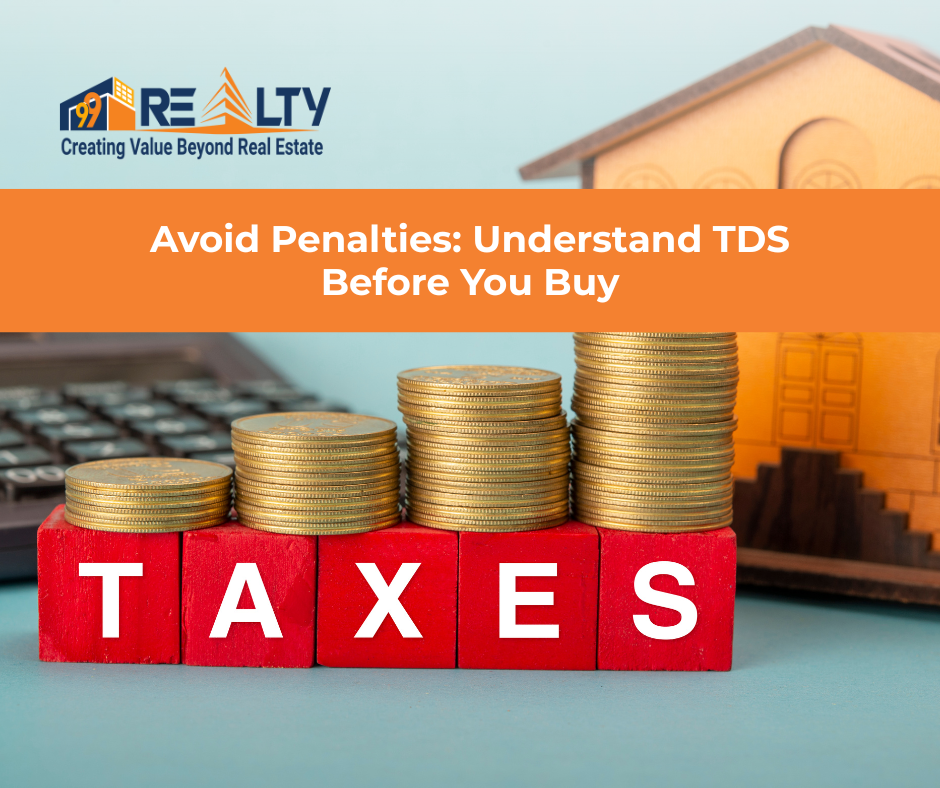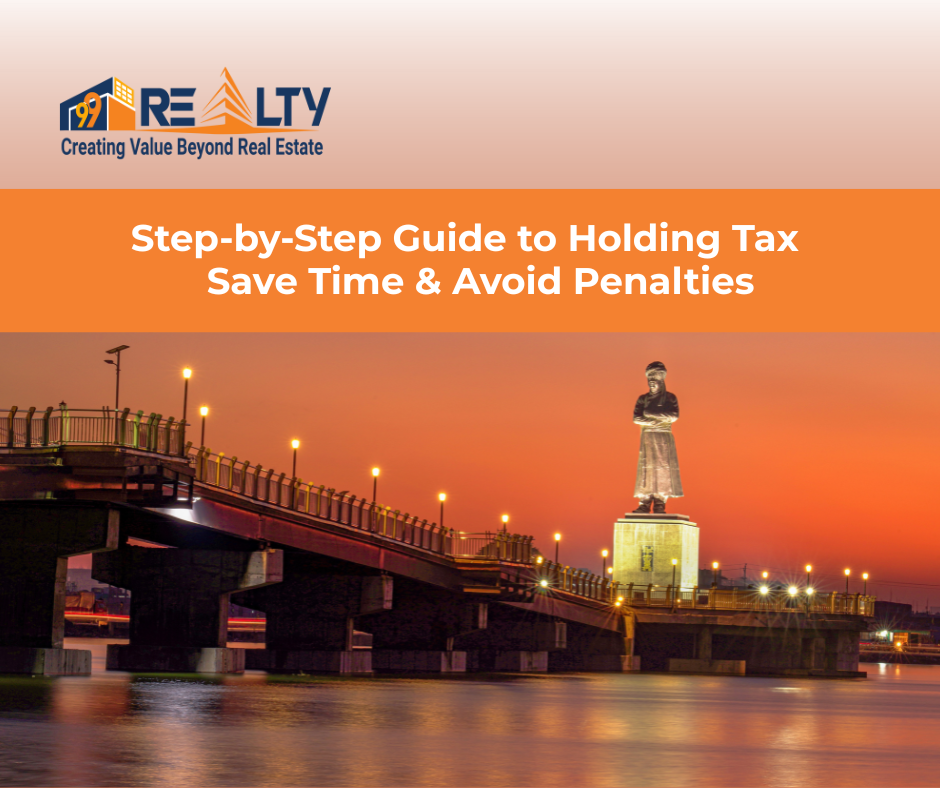Imagine saving for years, finally booking your dream home, only to wait endlessly for possession. Frustrating, isn’t it? This is exactly what thousands of Indian homebuyers have faced. But a recent Supreme Court ruling has flipped the script, ensuring builders face the same financial penalties for delays that they impose on buyers. SC Urges Powerful Fund to Rescue Stalled Projects Understanding...
Regulation
Buying a house or plot is exciting — but with the keys comes paperwork and taxes. One of the most overlooked obligations is Tax Deducted at Source (TDS) on property purchase. If you don’t deduct or deposit it properly, you may face interest, penalties, or even prosecution. This guide breaks the topic into plain English so you can buy with confidence. Understanding TDS on Property Purchase What...
Ever wondered why one side of the street is lined with cozy homes while the other bursts with buzzing shops or towering offices? That invisible hand guiding what goes where is called land use zoning. It’s the master plan behind how cities, towns and even rural areas are organized. By classifying land into different “zones,” planners decide where people live, work, shop, farm, manufacture or simply...
If you live in Ranchi or own property here, chances are you’ve heard about holding tax. But what exactly is it, and why does it matter? Think of holding tax as a small price you pay to keep your city running smoothly—roads, streetlights, sanitation, and all those little things that make urban life bearable. Paying it on time isn’t just a civic duty; it’s also a smart move to avoid fines and...
Picture this: you’re a first-time homebuyer sitting at your dining table at 10 p.m., laptop open, tabs everywhere. One state RERA site shows a half-updated list, another times out, a third hides approvals under five clicks. Frustrating, right?Now imagine clicking one link and watching a clean, unified dashboard unfold before you. Every project in every state at your fingertips. That’s the promise of...
Buying property in India is not just a financial decision—it’s an emotional one. For many families, owning a home is a lifelong dream. But that dream can quickly turn into a nightmare if you unknowingly buy land or a flat with fake property papers. With real estate fraud cases on the rise across India, it’s crucial to stay alert and learn how to separate real documents from forged ones. This...
Ever heard of someone selling property worth ₹6 crore and paying zero income tax? That’s not a loophole, but a real case that unfolded in Mumbai. A wife who sold two houses gifted by her husband walked away with no tax burden, thanks to a ruling by the Income Tax Appellate Tribunal (ITAT) Mumbai. Let’s break down this fascinating case in detail, understand what really happened, and see what...
In India, land isn’t just a piece of property—it’s an emotional and financial legacy, often inherited from ancestors. With cities expanding rapidly, developers frequently approach landowners with lucrative offers: “Give us your land, and in return, we’ll build apartments or commercial complexes, and you’ll get a share.” Sounds tempting, right? But here’s the reality—thousands of...
Property has always been a sensitive subject in Indian families. But when a person passes away without a will, the silence they leave behind often echoes with anger, tears, and courtroom battles. Sadly, it's not just about money—it's about respect, identity, and fairness. And when gender comes into play, things get even messier. Let’s unpack the emotional and legal chaos that unfolds when families...
Buying a home in India is a dream for millions. But that dream often begins with a glossy promise—billboards that scream luxury, TV ads dripping with drama, and digital campaigns that showcase lifestyle utopias. For years, Indian homebuyers have fallen prey to these exaggerated, misleading real estate advertisements. But the tide is turning. With the recent rollout of stricter advertising...











